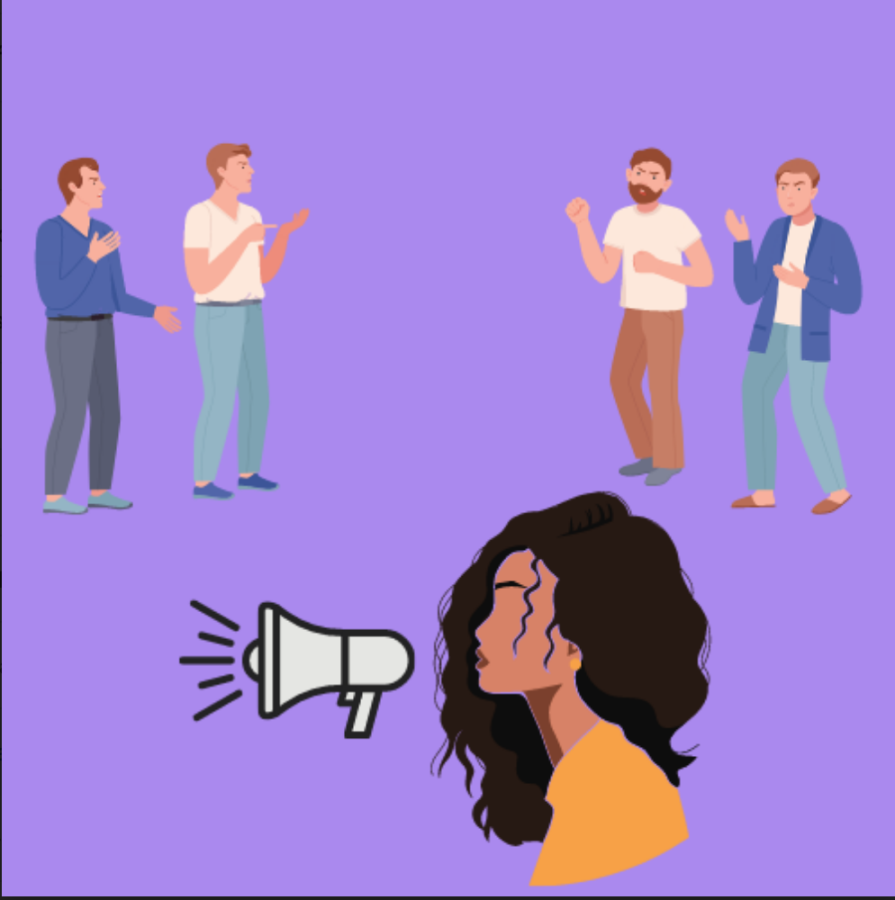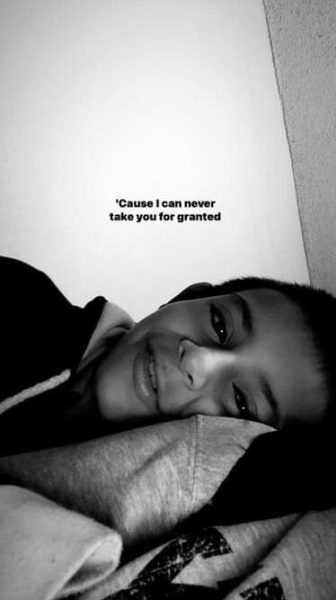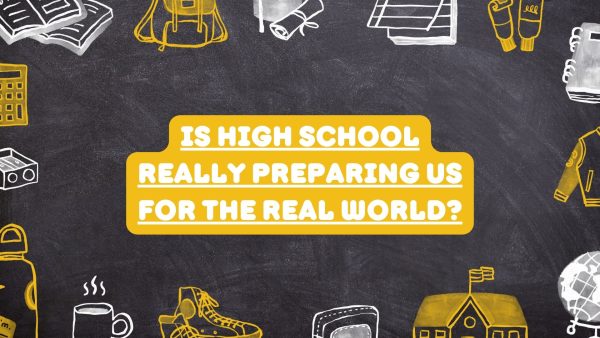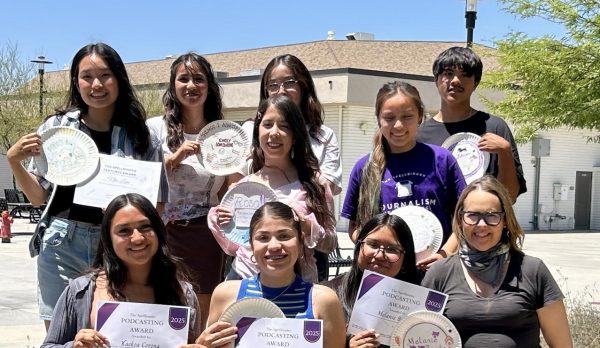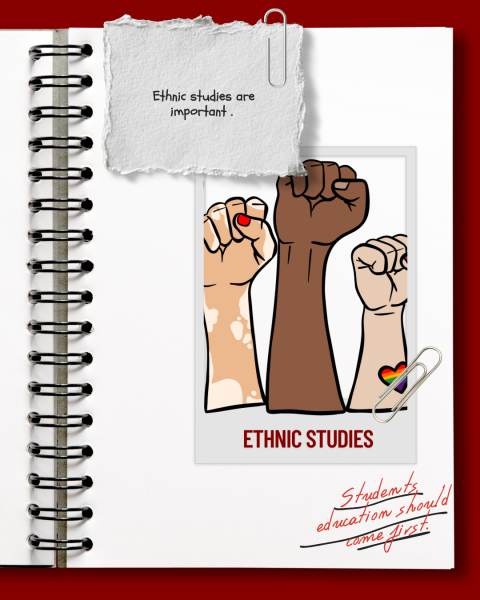Women in journalism: But who gives them a voice?
Arlene Rufino (made with Canva)
Female Journalists are more likely to experience harassment and discrimination than male journalists.
Despite journalism being one of the most important forms of giving others a voice and speaking out, female journalists are often silenced. We would assume that journalists as a whole would understand how important their peers’ work is and encourage them to push forth. However, many women in the field face sexism and discrimination, not only by their audience, but by their male coworkers and bosses.
Being a woman in the journalism field is a challenge within itself. Women in the field are more likely to experience hate crimes and discrimination. It has been reported that 73% of the women in journalism have experienced online violence. Although there are movements that have helped create a safer environment for these women, that has not stopped fellow journalists from discriminating against these women.
Now we add being a woman of color in a predominantly white male field; there are bound to be issues. We have normalized and allowed men to feel that they have a right to intimidate and belittle women of color.
Stephanie Mendez, a current producer at ABC’s “Good Morning America,” shared about incidents she’s experienced in her career.
“Men don’t really seem to take women seriously in the industry, in any industry for that matter. When I first started working as a producer assistant, I was in a male dominated department. We had gotten sent out to help set up and I was doing the cabling. And my cables had gotten knotted. It looked like a huge mess. And then some guy comes in and looks at my big mess and goes, ‘This is why there shouldn’t be any broads in broadcasting.’”
Mendez also shared about how she had noticed the treatment she received was much different than what her fellow white male and female colleagues experienced.
¨When I became a producer it took a long time. I didn’t have the confidence. I would tell camera men, who were probably working way longer than I had in my career, ´Hey I think this would look better here.´ And they would get snippy with me and say, ´I know what I’m doing, I´ve been doing this longer than you,’” she said.
At first, Mendez chose to ignore the remarks until she realized that her white colleagues did not have to experience the same thing she had.
¨I don’t see them sassing my male colleagues, they wouldn’t talk to them the way they talked to me. I think especially as a woman of color, I would get more sass than the white women. They wouldn’t treat them the way they were treating me,” said Mendez.
Journalism can be a very cutthroat industry, especially for women. With that being said, we as women would assume that fellow women would help and encourage us and lift each other up.
However Mendez shared an experience about a fellow female colleague.
¨She gave me the iciest, coldest look, I still remember to this day. ´You’re not ready to be a producer.´ She was very sure about what she said, ´You´re not ready to take that step.’ She was very mean about it. I went home crying. I was like, ‘Why doesn’t she believe in me?¨ said Mendez.
Eventually Mendez learned to ignore all those negative remarks and allowed them to fuel her motivation to grow her career.
Julie Leopo, another inspirational, Santa Ana-based freelance journalist who built her way up, shared her own experiences.
¨You obviously get these microaggressions. I´ll show up to a show press or something and all of my peers are male and white. And they´re all in their little clique and they don´t want to talk to you,¨ said Leopo.
Leopo also explained how her peers would often leave her out during events.
¨They make you feel left out. They talk to everyone but you. I would say hello and they would give me the cold shoulder,” she said.
However, being ignored is not the only challenge Leopo faced. Leopo shared about how due to the lack of opportunities, and others not taking her seriously, she had to do a lot on her own.
¨I had to be very resourceful, I had to do a lot on my own. I really had to hustle and find mentors that really believed in me,¨ said Leopo.
It’s important to have role models and support from those in the same field as you. However, women, more specifically, those of color often have a harder time. If we don´t support these powerful and courageous women, no one else will.
Journalism is a much more dangerous job than it seems. Many have to deal with being discriminated against both in and out of work.
It is important to allow these women to have a voice. Journalism is one of the most important fields; journalists are an outlet for those who do not have a voice. Intimidating and silencing these women not only takes their voice away, but also takes away the voice for thousands of people.

I’m the middle child of 5 kids, I’ve been featured on GMA, and I love baking.
































